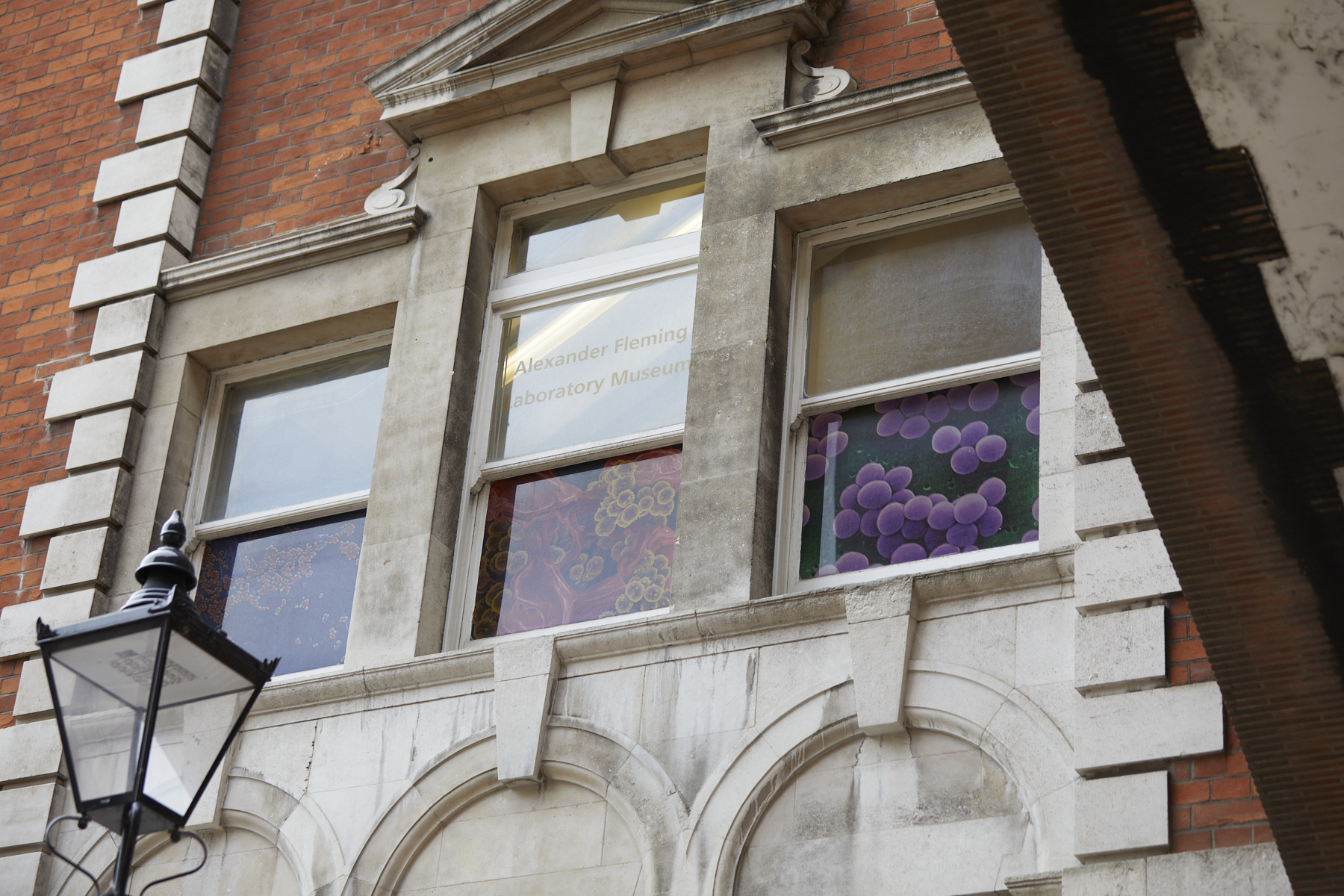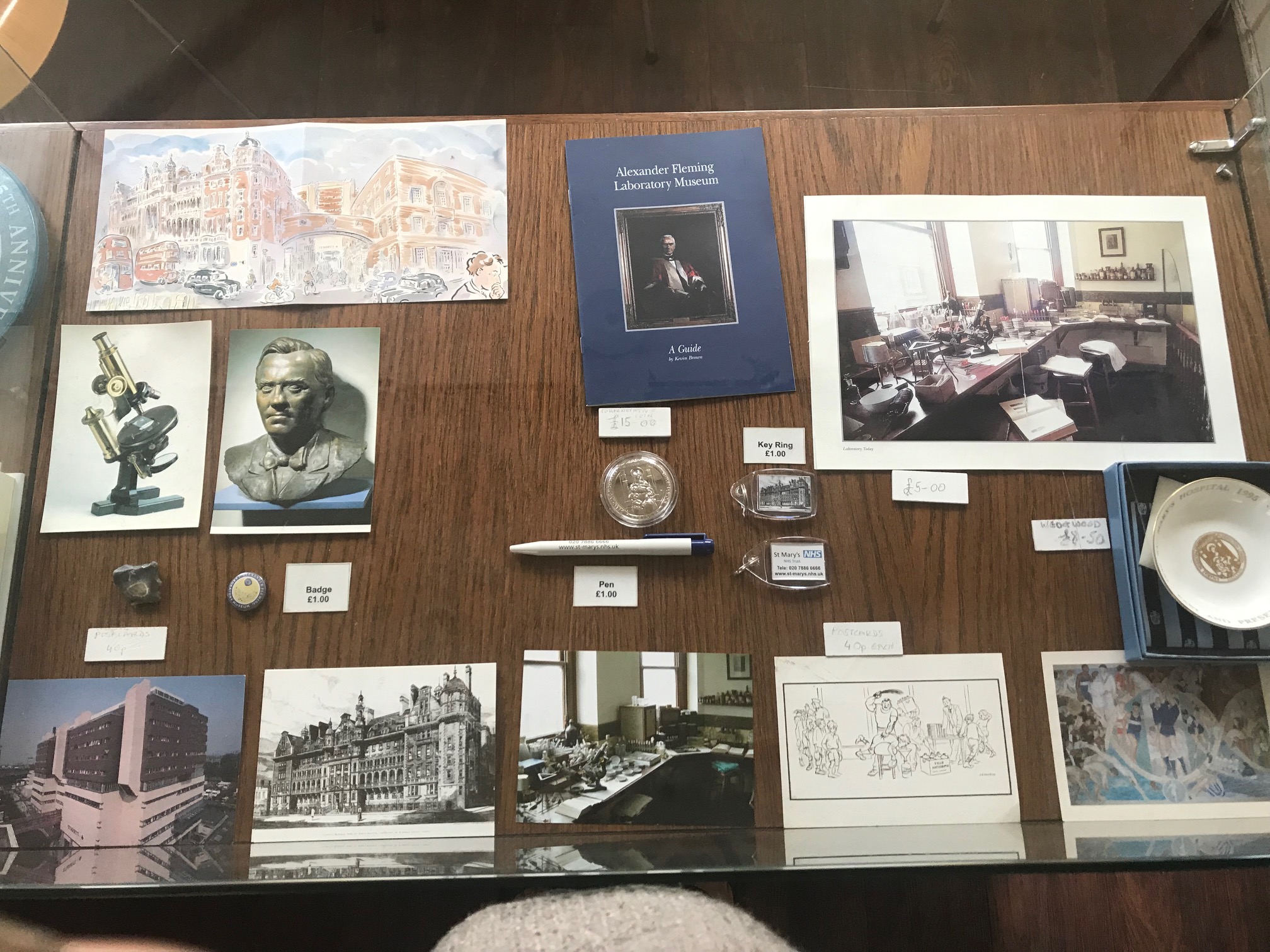Embark on a journey through the corridors of medical history as you explore the hidden gem that preserves the legacy of Sir Alexander Fleming, the brilliant mind behind the discovery of penicillin.
Nestled within the walls of St. Mary’s Hospital in Paddington, you can immerse yourself in the fascinating world of science and innovation as you unravel the story of this pioneering figure whose ground-breaking work revolutionised medicine.

